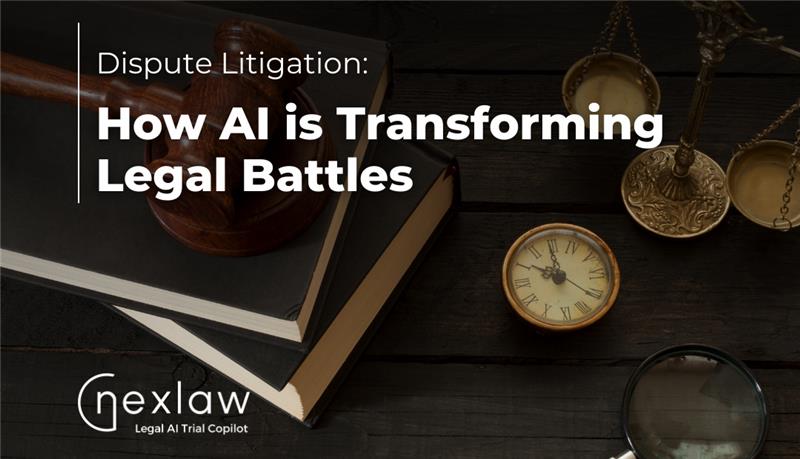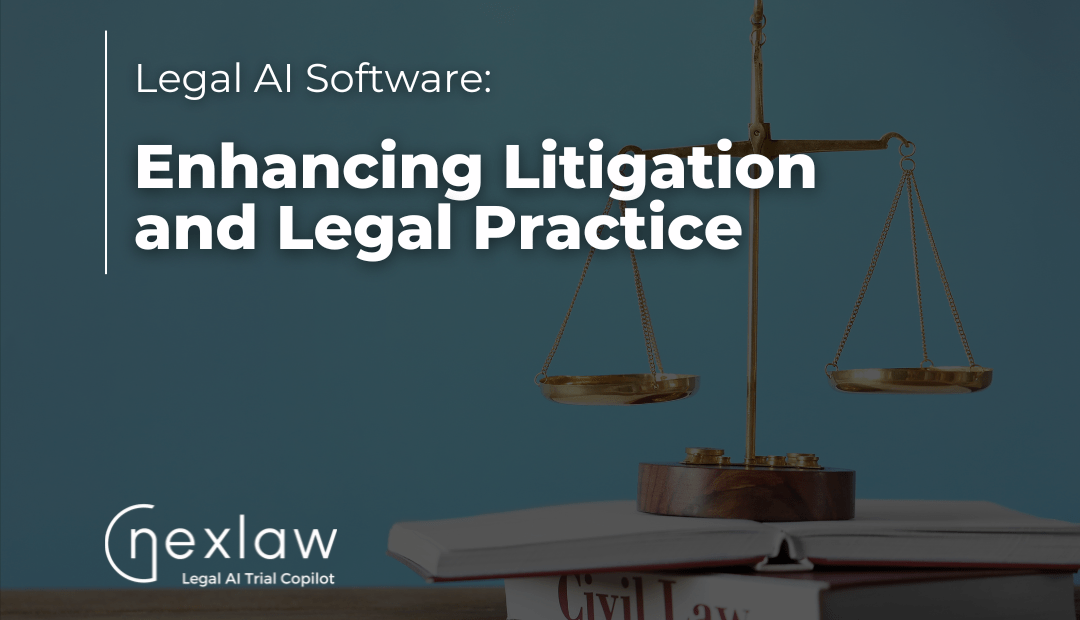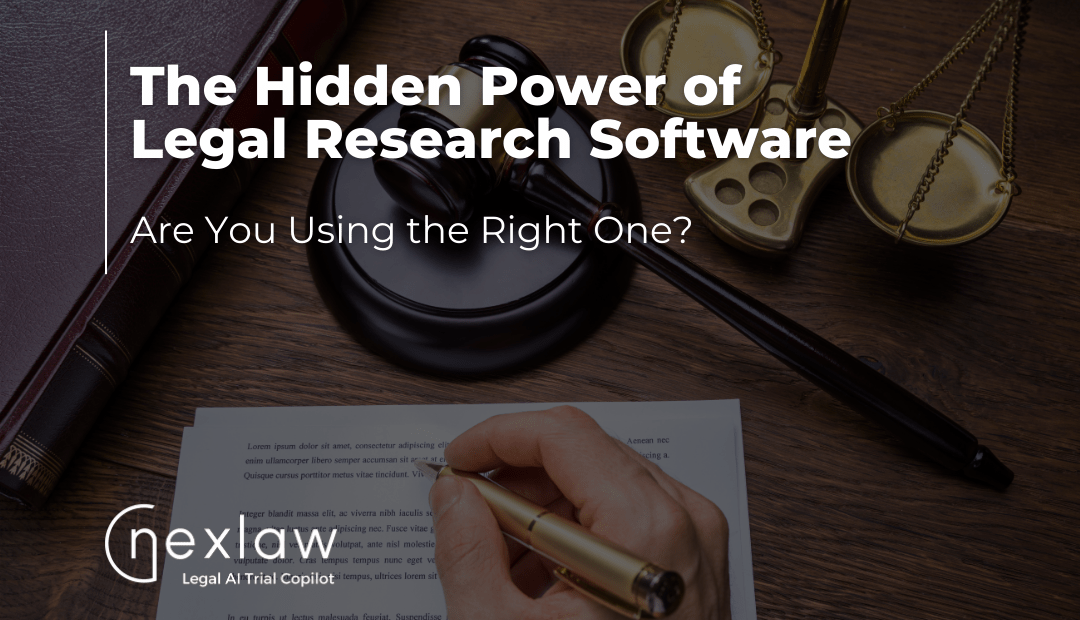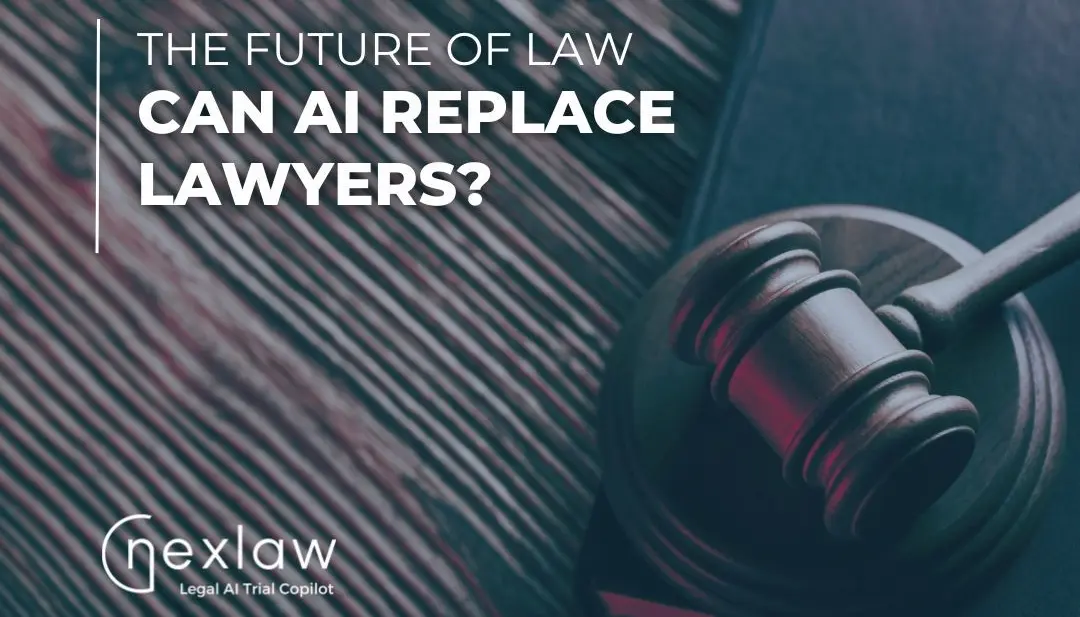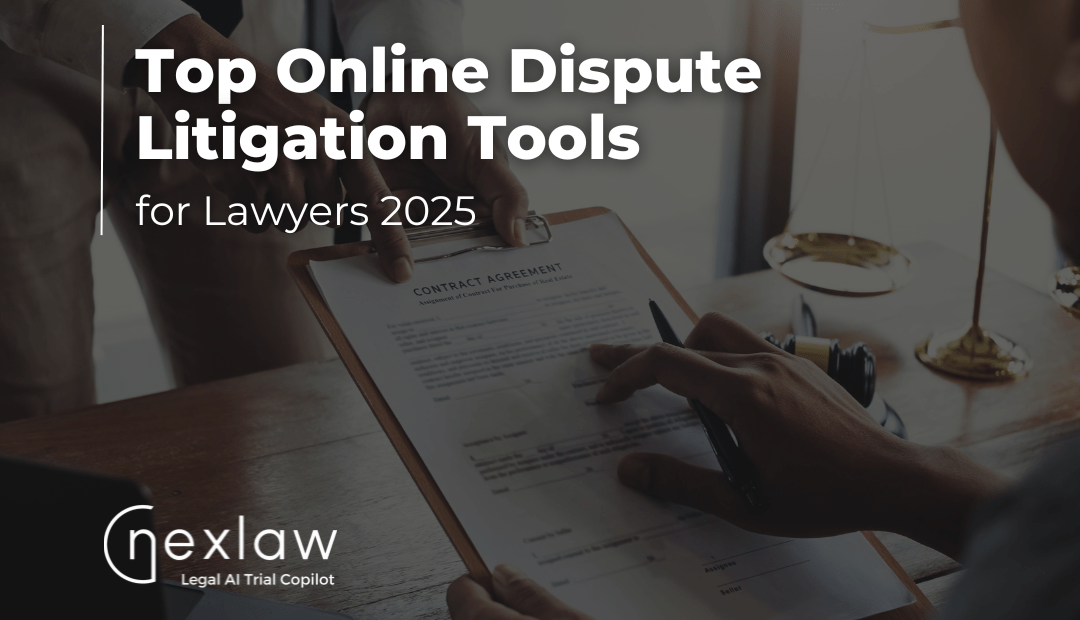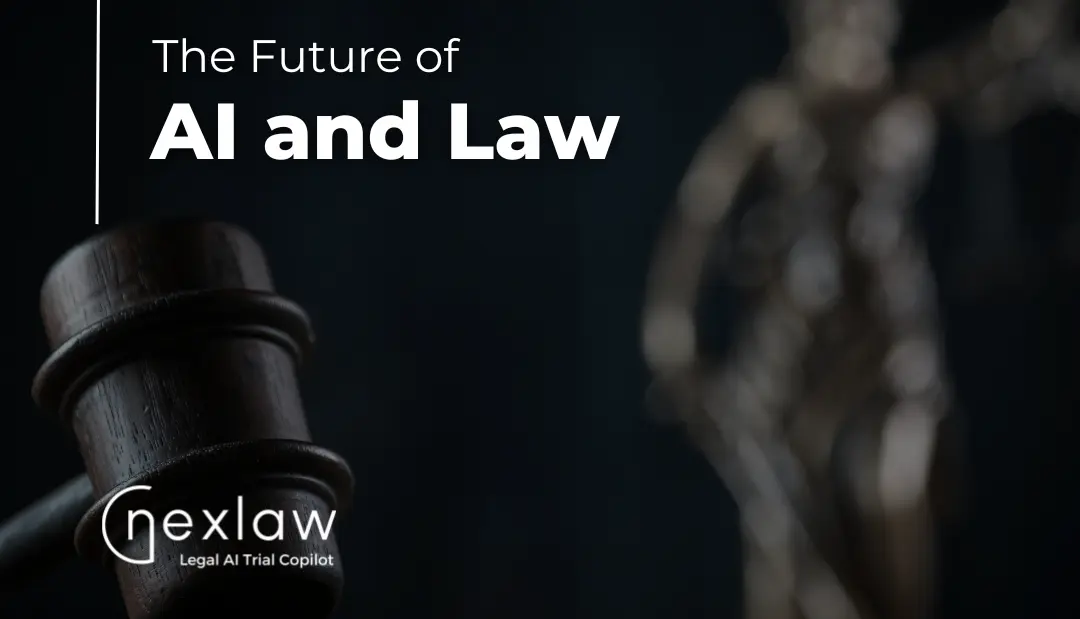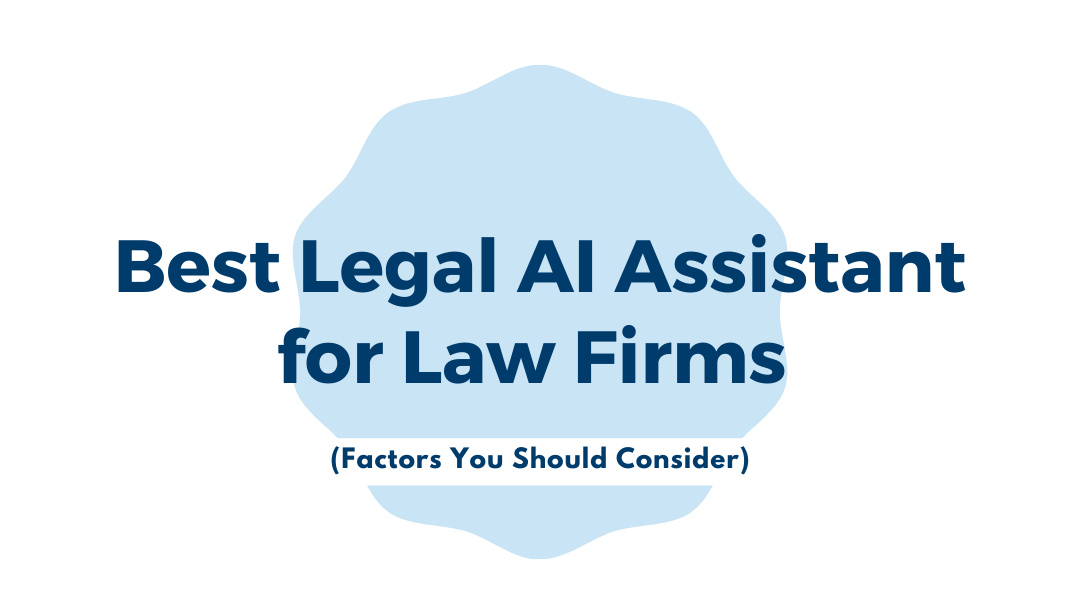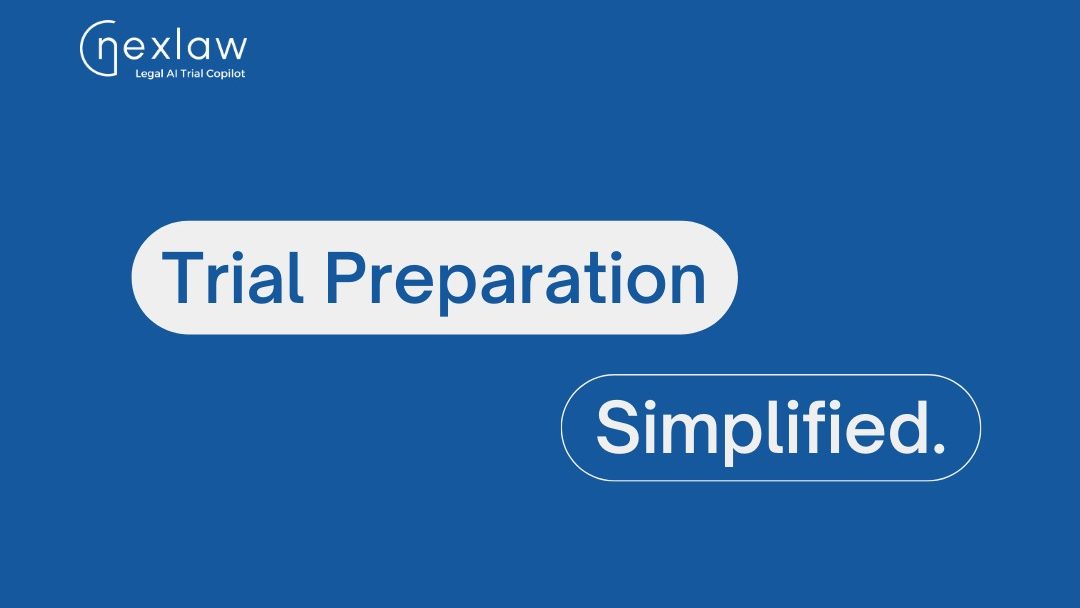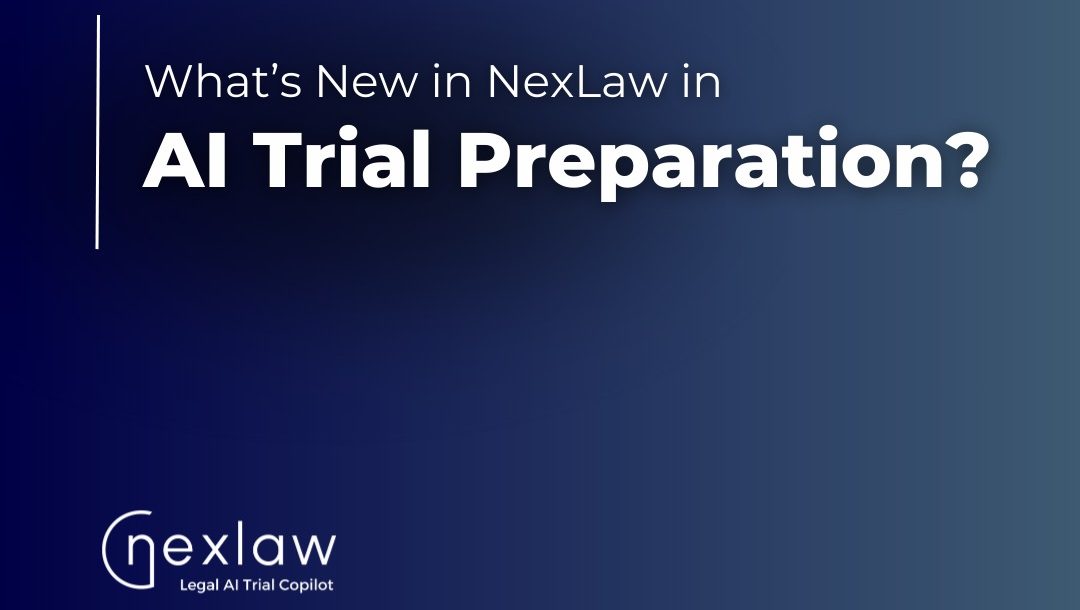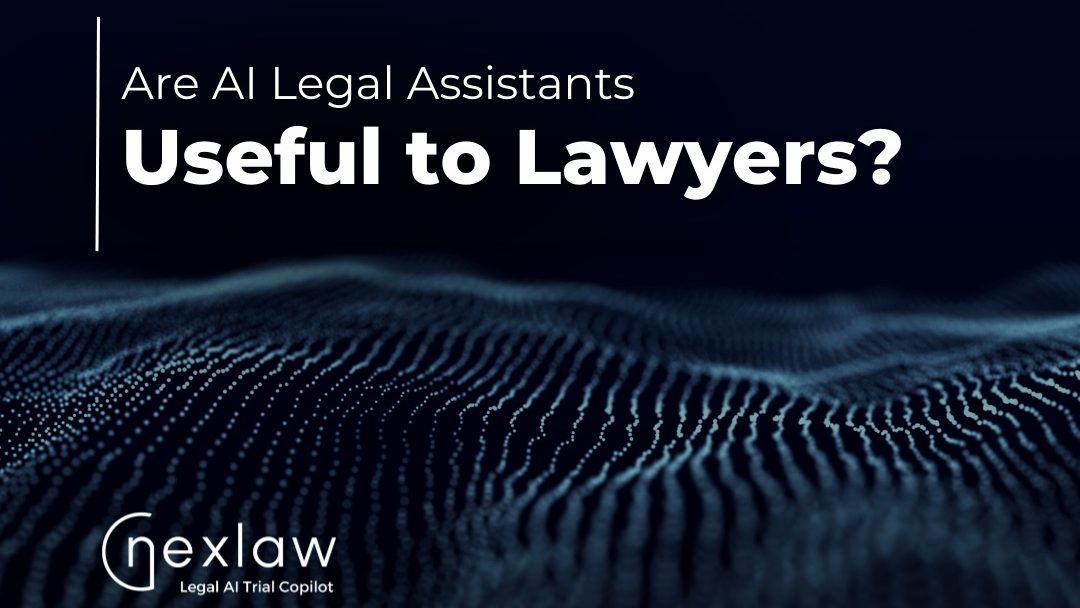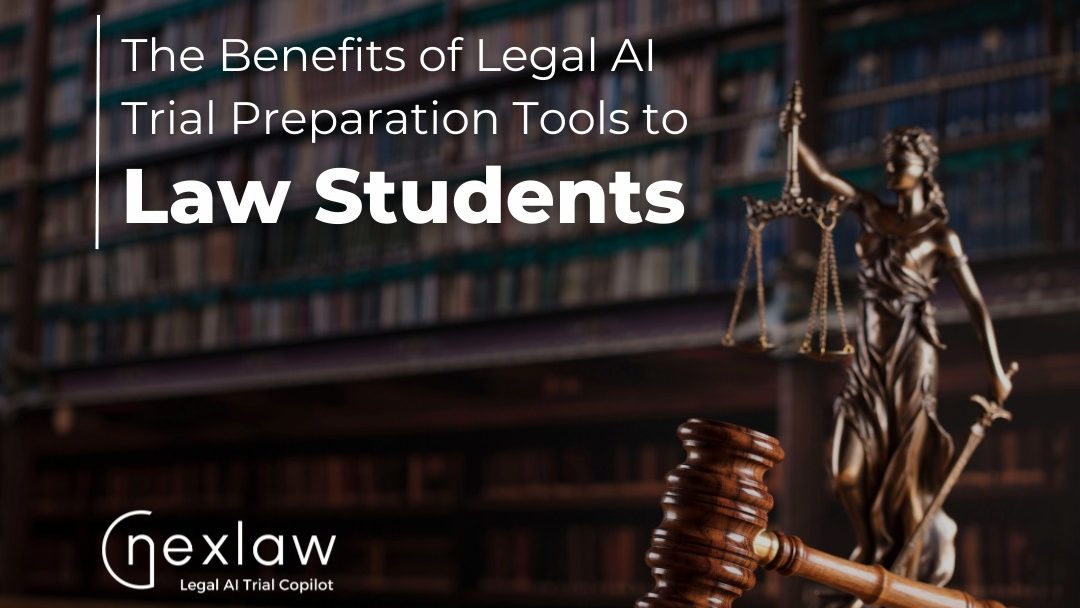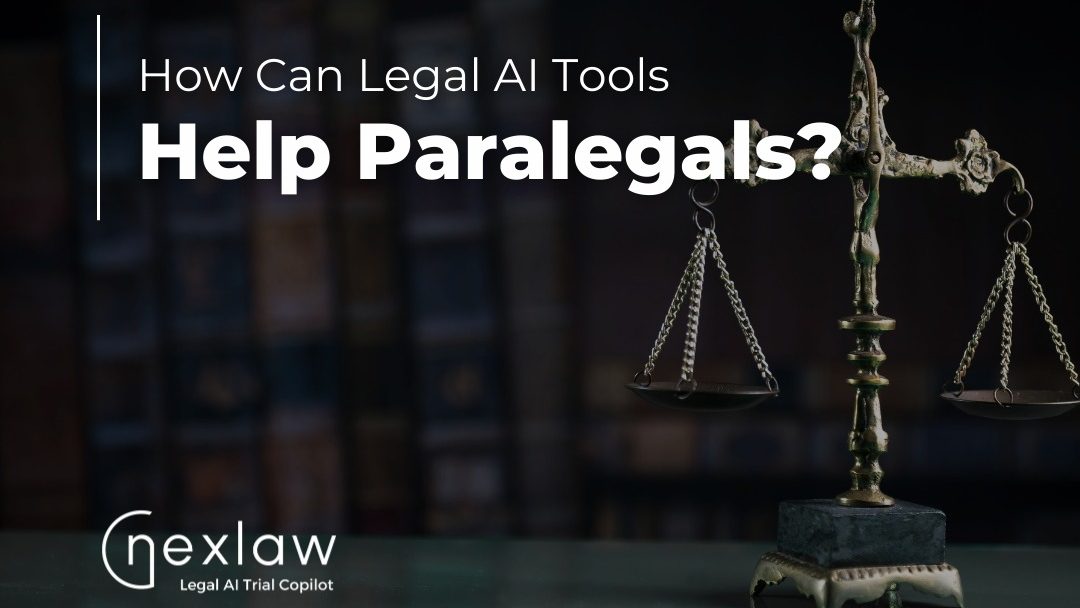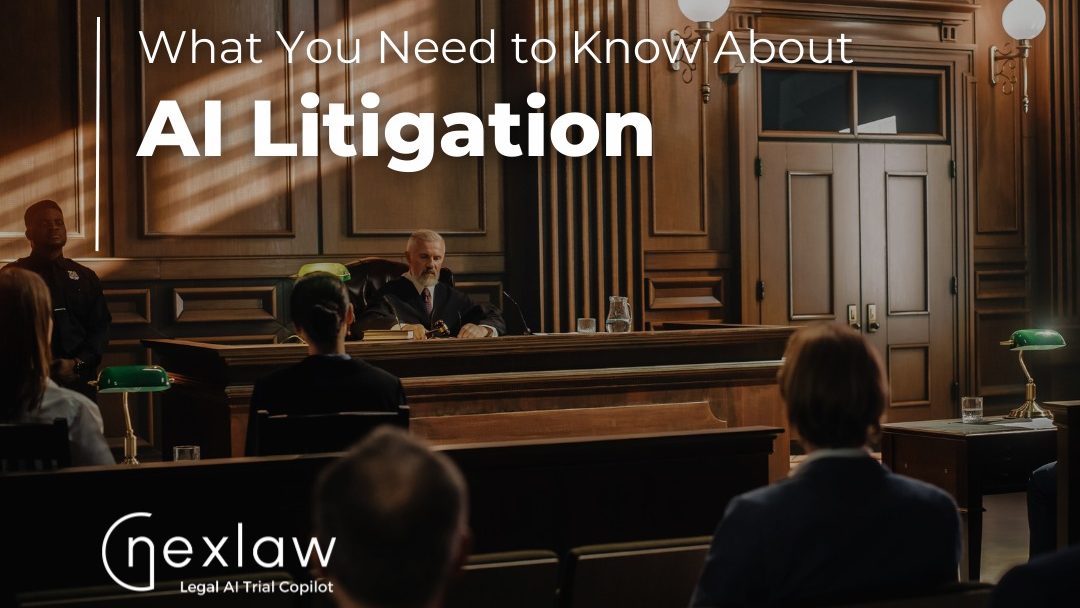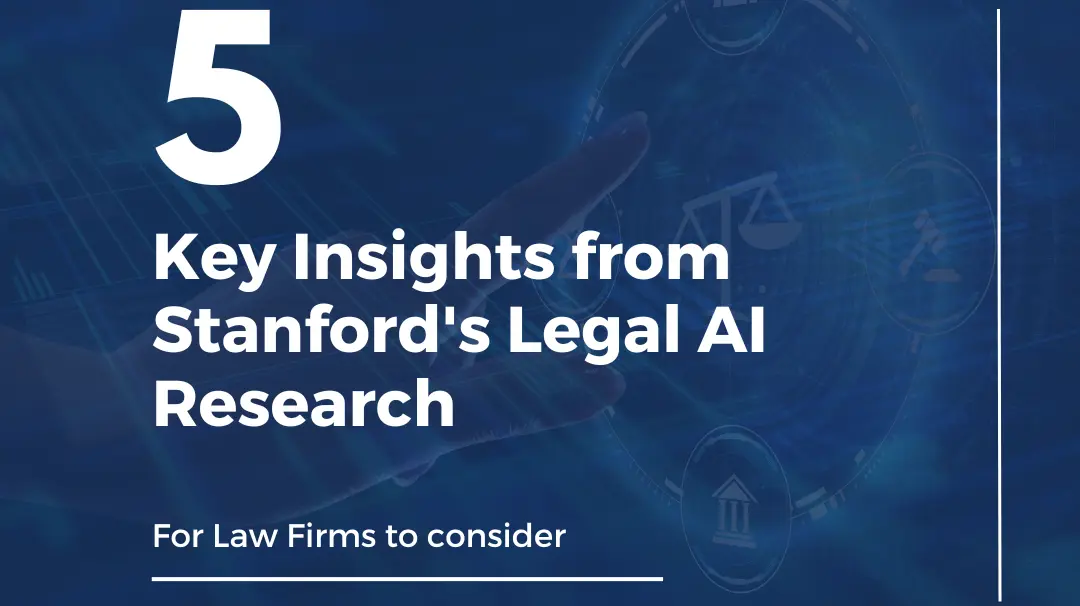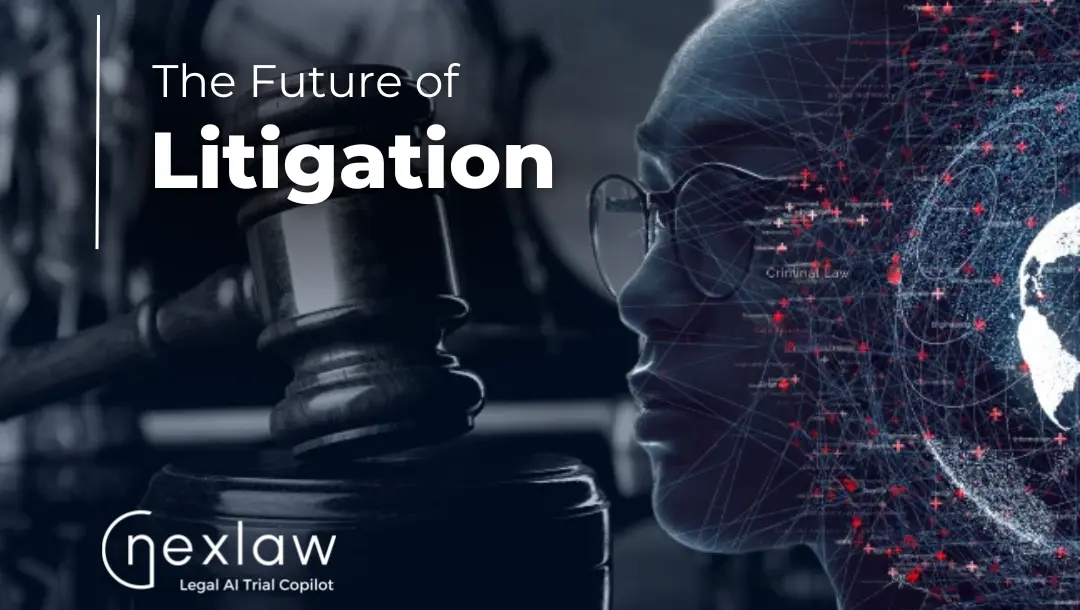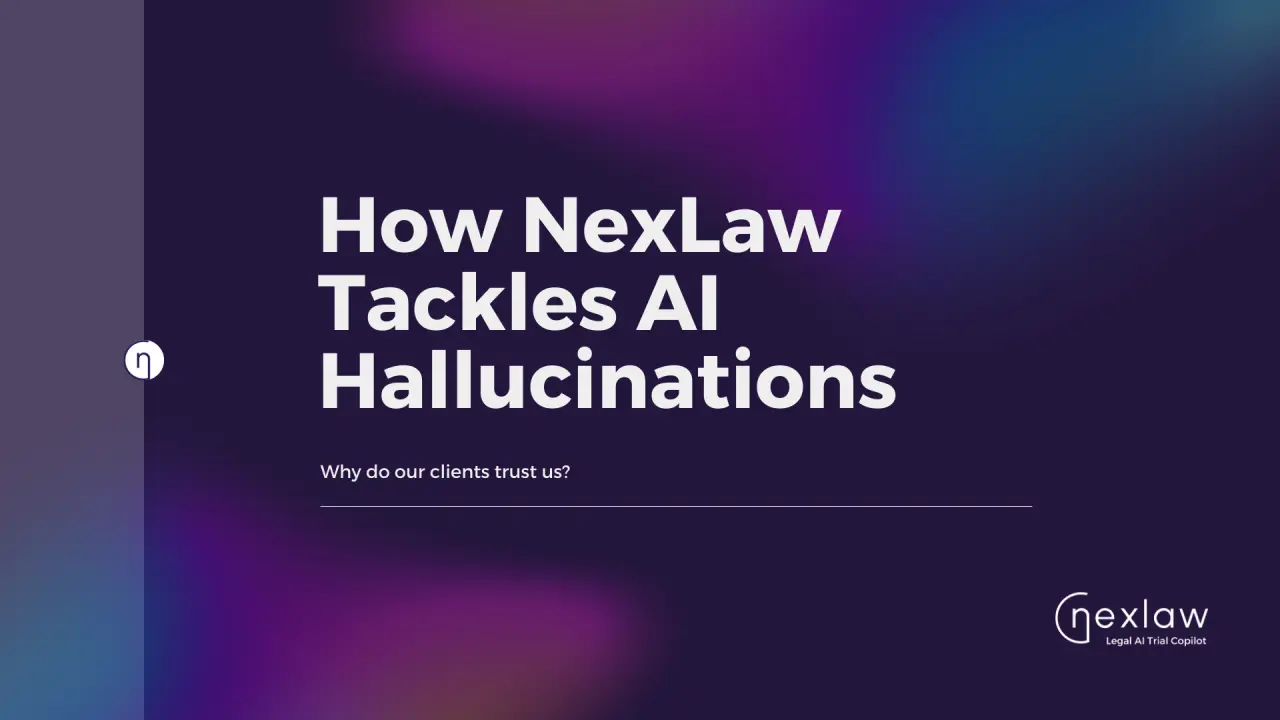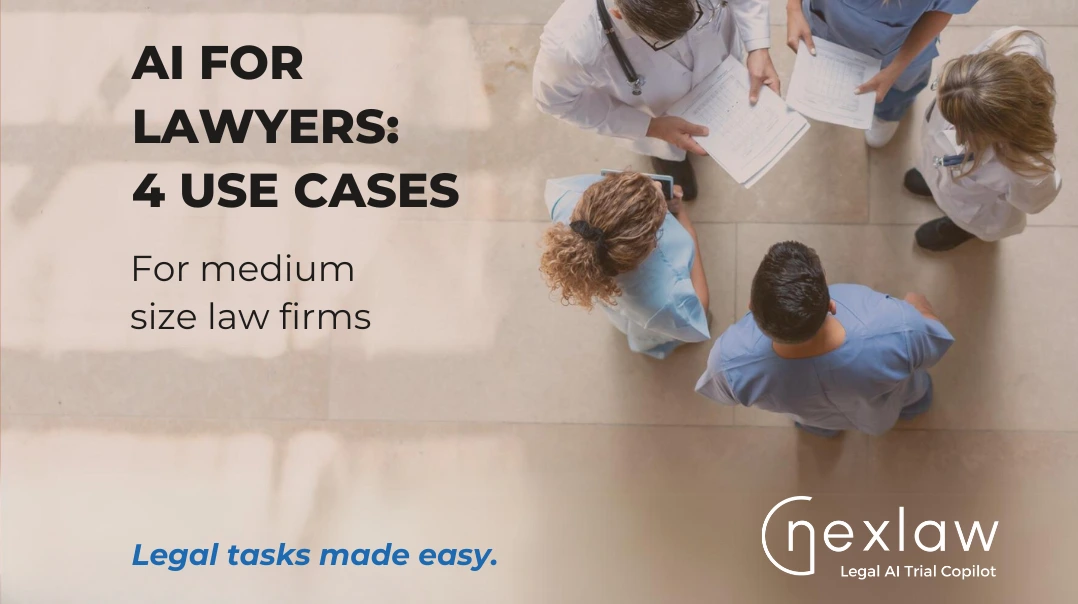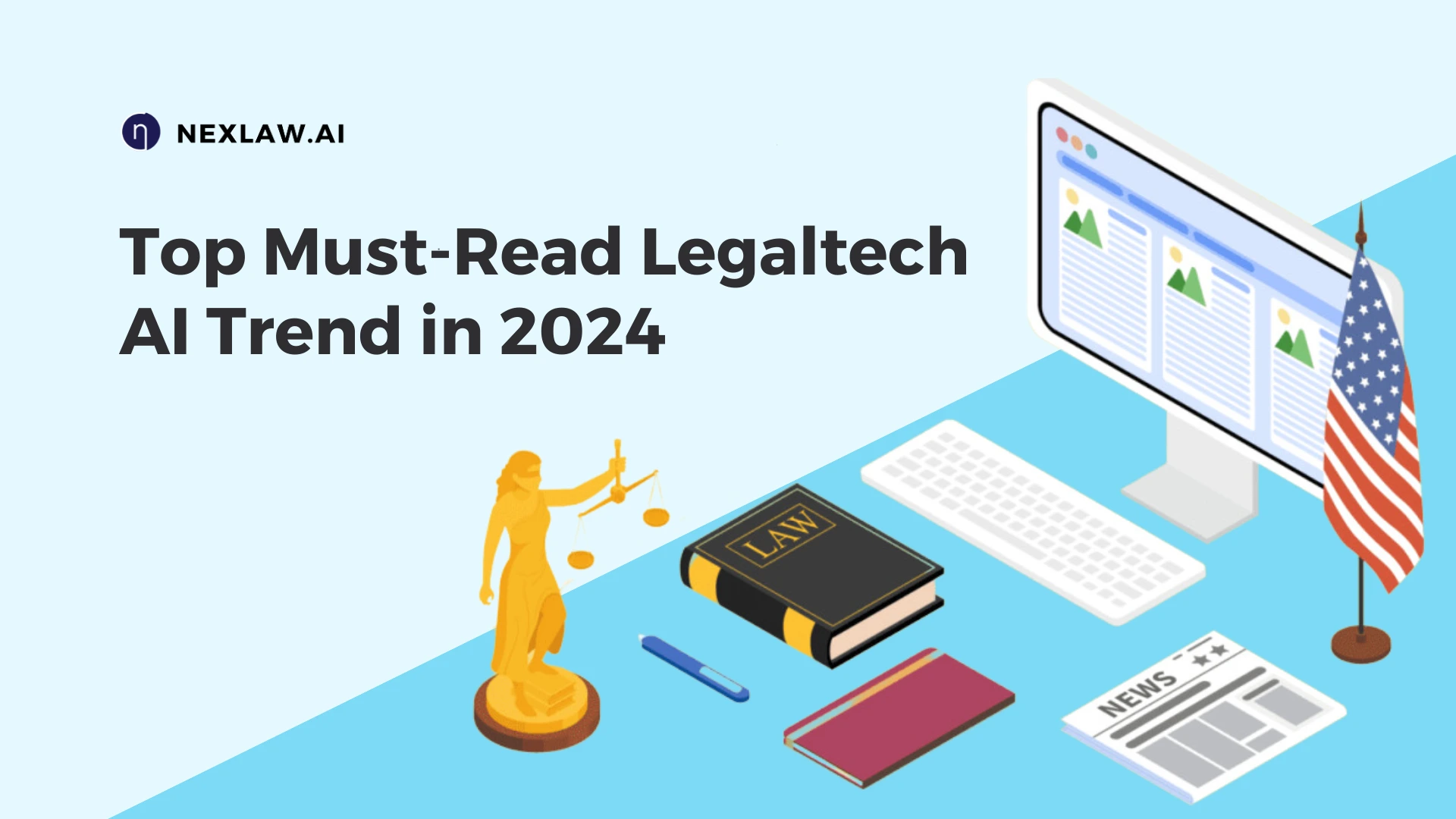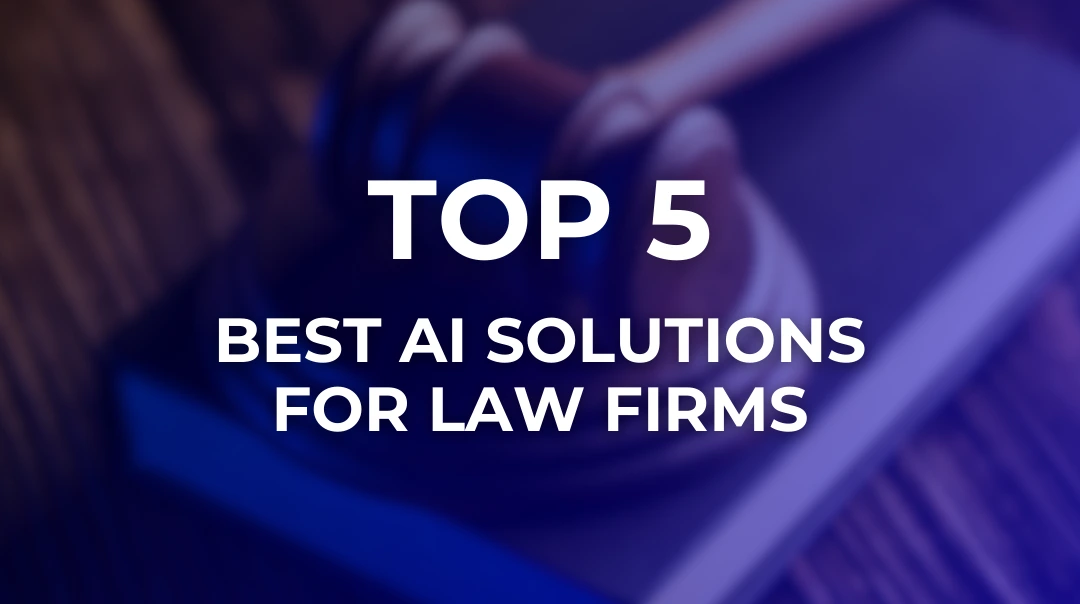|
|
Trial Preparation, Legal Research
& Case Analysis etc |
AI-powered Legal Research &
Brief Analysis |
Legal research and analytics, focused on case law and statutes |
|
|
Small to Medium-Sized Firms |
|
|
|
|
International coverage, including Common Law & American Law |
|
Extensive global reach with a vast database worldwide |
|
|
|
|
|
|
|
Advanced legal research + case analysis with customized predictive reports |
CARA AI suggests relevant case law and precedents based on uploaded briefs |
Case law research with Shepard’s Citations for validation |
|
|
Automates legal drafting, pleadings, & briefs tailored to cases and jurisdictions |
Limited drafting capabilities |
Document assembly and form-based drafting tools |
Real-Time Evidence Integration |
Yes, upload new files and updates strategies in real-time during trials |
|
|
Trial Strategy and Preparation |
From case analysis to final submission, with judge & lawyer analysis included |
Limited to research and brief preparation |
Limited to legal precedents and case law for trial preparation |
|
|
Uses AI to provide predictive insights on trial strategies & case outcome prediction |
Basic predictive features based on case law trends |
Primarily research-focused |
Contract Analysis and Review |
Upload guidelines for swift AI compliance analysis & detailed review with suggestions |
Enables contract uploads with line-by-line reviews and compliance checks |
Lexis+ Agreement Analysis contract review software |
|
|
- Comprehensive suite for trial prep
- Real-time evidence integration
- Affordable pricing model
|
- Accurate and efficient legal research
- User-friendly
- Focused on case law
|
- Extensive database of legal information
- Shepard’s Citations for legal research
|
|
|
Focused on trial and litigation tasks, might be overkill for non-litigation-focused practices |
- Limited to research and case analysis
- Fewer automation features beyond research
|
- Cost-prohibitive for smaller firms
- Platform can be complex for users without specialized training
|
|
|
More flexible and accessible pricing |
Premium Pricing Structure |
Premium Pricing Structure |







